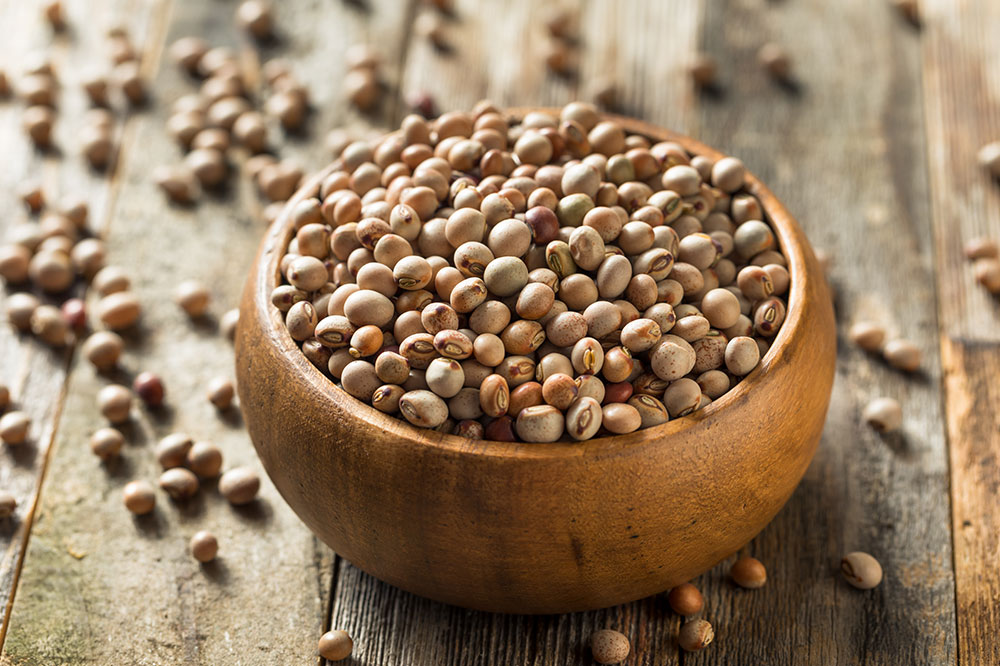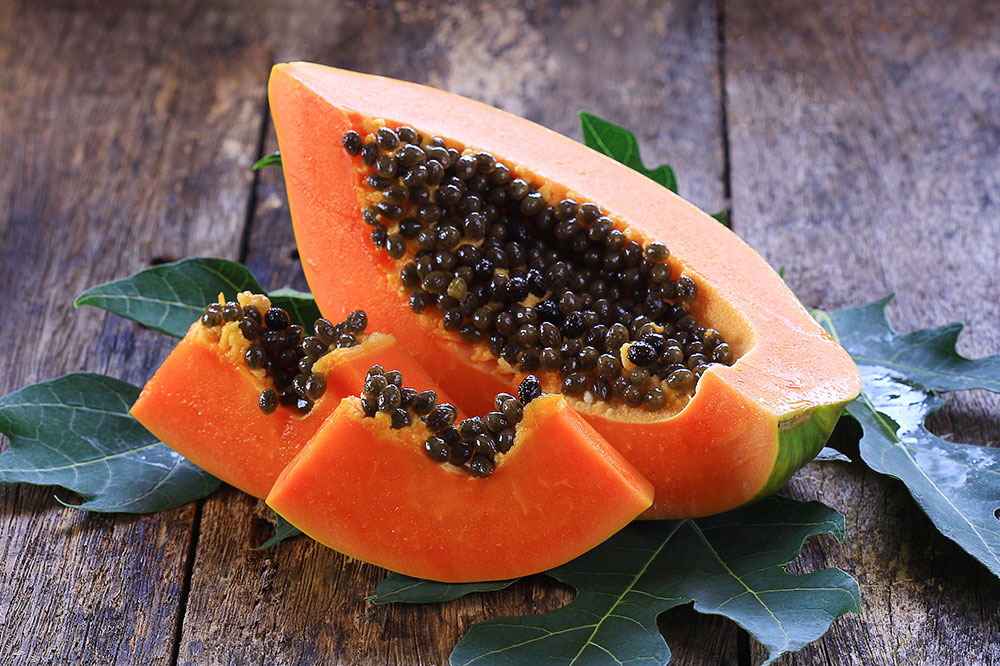Natural Herbal Treatments for Sickle Cell Disease
Explore effective herbal remedies for sickle cell anemia, including Niprisan, Fagara zanthoxyloides, Terminalia catappa, and fermented green papaya. These natural options can assist in managing symptoms and improving quality of life for patients with this hereditary blood disorder, offering alternatives alongside conventional treatments.
Sponsored

Natural Herbal Approaches for Managing Sickle Cell Disease
Sickle cell disease is a hereditary condition characterized by red blood cells that shift from their normal round shape to a crescent or sickle shape. This abnormality impairs blood flow, causing a range of health issues. While a stem cell or bone marrow transplant is the only definitive cure, various herbal remedies have shown potential in alleviating symptoms. Discover how certain herbs can support better management of sickle cell disease.
Niprisan Herbal Formula
In Nigeria, which has the highest prevalence of sickle cell anemia, the National Institute for Pharmaceutical Research and Development (NIPRD) developed a herbal treatment called Niprisan, demonstrating encouraging results.
It combines extracts from four plants:
Piper guineense seed: Also known as West African or Guinea pepper
Pterocarpus osum stem: An African timber plant
Eugenia caryophyllus: Commonly called cloves
Sorghum bicolor: Also named sorghum, millet, durra, or milo
The active compounds include piperine, chavicine, capsaicin, and cubebin, which are believed to have therapeutic properties with minimal side effects.Another herbal option involves Fagara zanthoxyloides, a medicinal plant widely used in Uganda. The root bark of this plant has shown promising benefits in reducing sickling cell formation and easing symptoms.
Additionally, Terminalia catappa, or tropical almond, prevalent in Africa, Asia, and Australia, has leaf extracts that act as anti-sickling agents, preventing or reversing sickled cells. Fermented green papaya and its leaves are also used, with studies indicating that they help prevent and reverse sickling in red blood cells, offering multiple health advantages.






